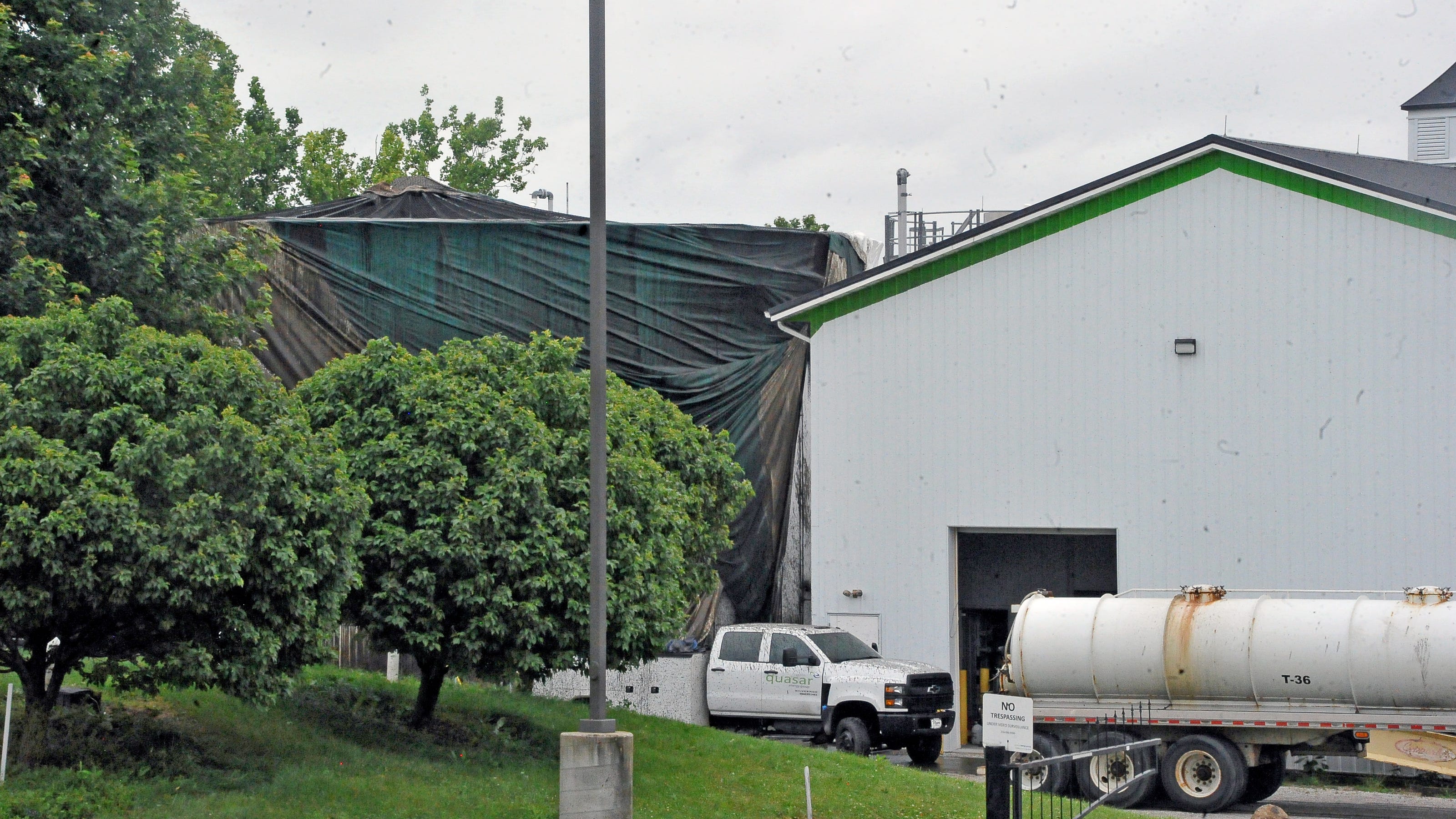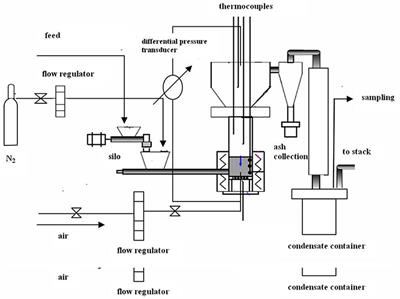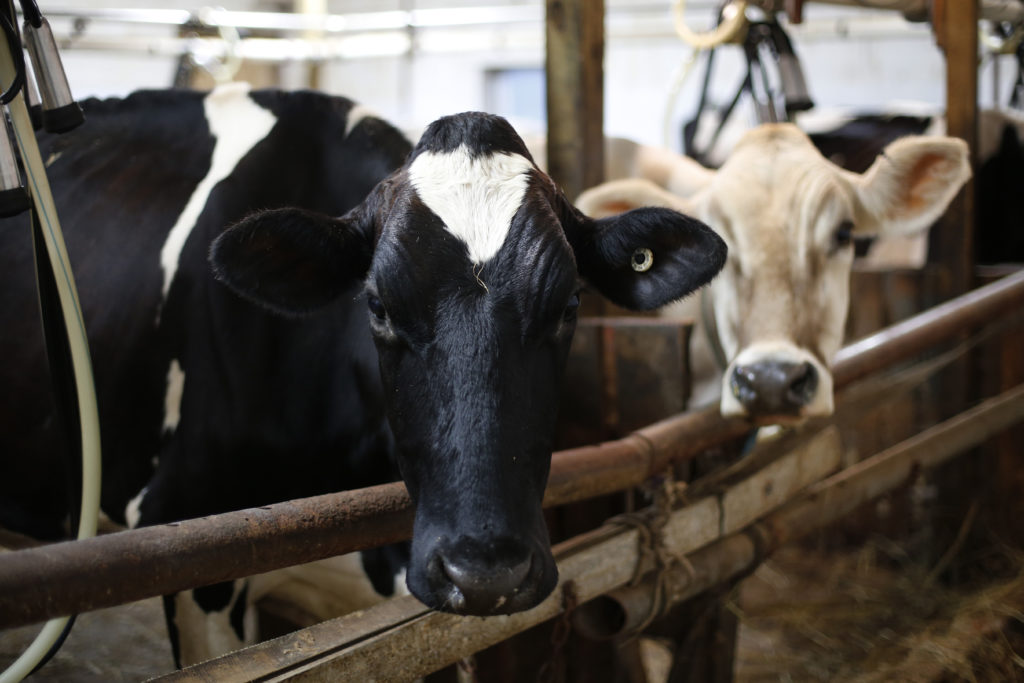Hello all,
First time posting on this forum, I’ve been on heating help for a little while and have been lurking on here. I’ve been watching for a good used outdoor wood boiler for a while, but have changed my tune towards a pellet boiler to heat my old Wisconsin farm house.
I work at the local waste water plant where we dry the sludge, and are looking into getting a pellet mill to pelletize the final product. We give away all the sludge, so I could have an unlimited supply of pellets. I also farm, so corn is always an easy option when the price is right.
Now I see for sale locally is a pair of central boiler maxim 255pe corn/pellet boilers for $4500 a piece. Not sure how old they are at this point, but they both look very clean, have the WiFi controller, and the listing mentions it might have an ash auger system that isn’t installed.
So I guess I’m looking for opinions on these boilers, anything to watch out for or problem spots I should look close at? Buying two used boilers for less than the price of one new boiler doesn’t seem like a terrible idea. Also, does anyone have any opinions or experience burning something like municipal sludge? From the searches I’ve done, it seems to get brought up once in a while but not sure anyone ever follows through with it. If I don’t buy these boilers, I’d like to find a good used indoor pellet stove to experiment with the sludge pellets in the shop.
First time posting on this forum, I’ve been on heating help for a little while and have been lurking on here. I’ve been watching for a good used outdoor wood boiler for a while, but have changed my tune towards a pellet boiler to heat my old Wisconsin farm house.
I work at the local waste water plant where we dry the sludge, and are looking into getting a pellet mill to pelletize the final product. We give away all the sludge, so I could have an unlimited supply of pellets. I also farm, so corn is always an easy option when the price is right.
Now I see for sale locally is a pair of central boiler maxim 255pe corn/pellet boilers for $4500 a piece. Not sure how old they are at this point, but they both look very clean, have the WiFi controller, and the listing mentions it might have an ash auger system that isn’t installed.
So I guess I’m looking for opinions on these boilers, anything to watch out for or problem spots I should look close at? Buying two used boilers for less than the price of one new boiler doesn’t seem like a terrible idea. Also, does anyone have any opinions or experience burning something like municipal sludge? From the searches I’ve done, it seems to get brought up once in a while but not sure anyone ever follows through with it. If I don’t buy these boilers, I’d like to find a good used indoor pellet stove to experiment with the sludge pellets in the shop.




